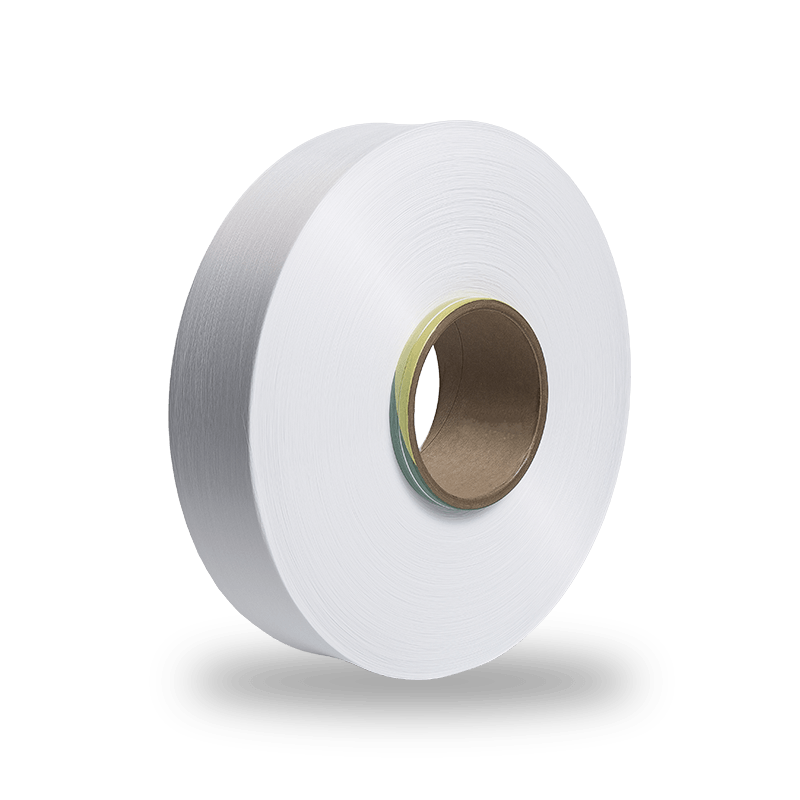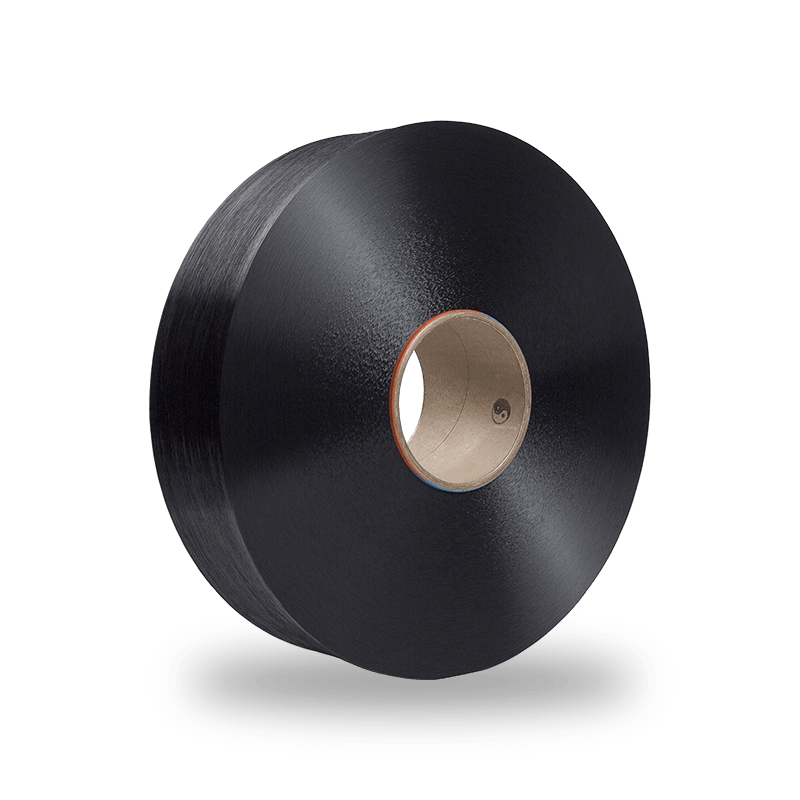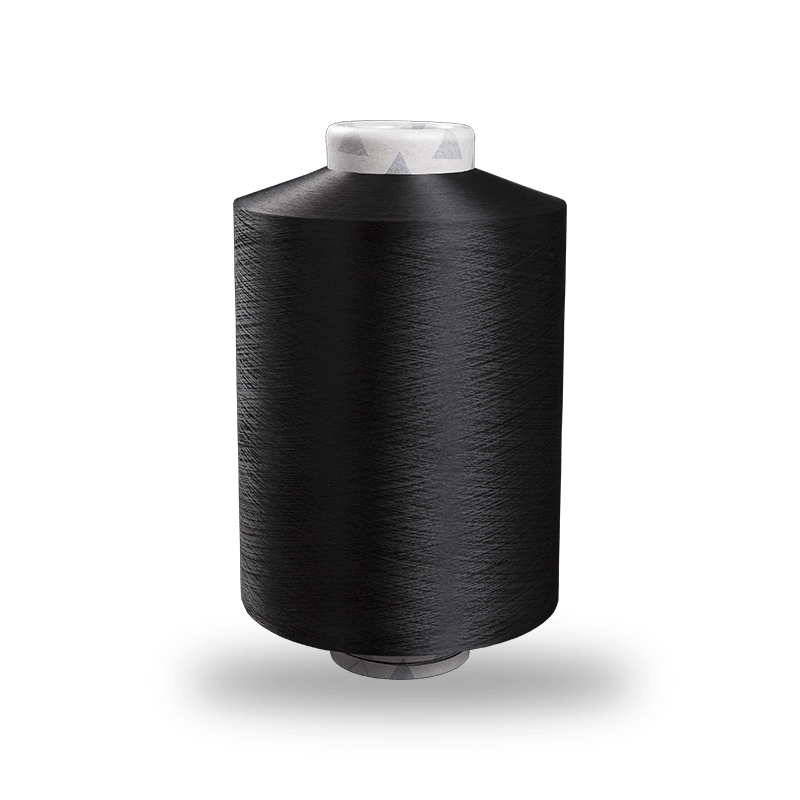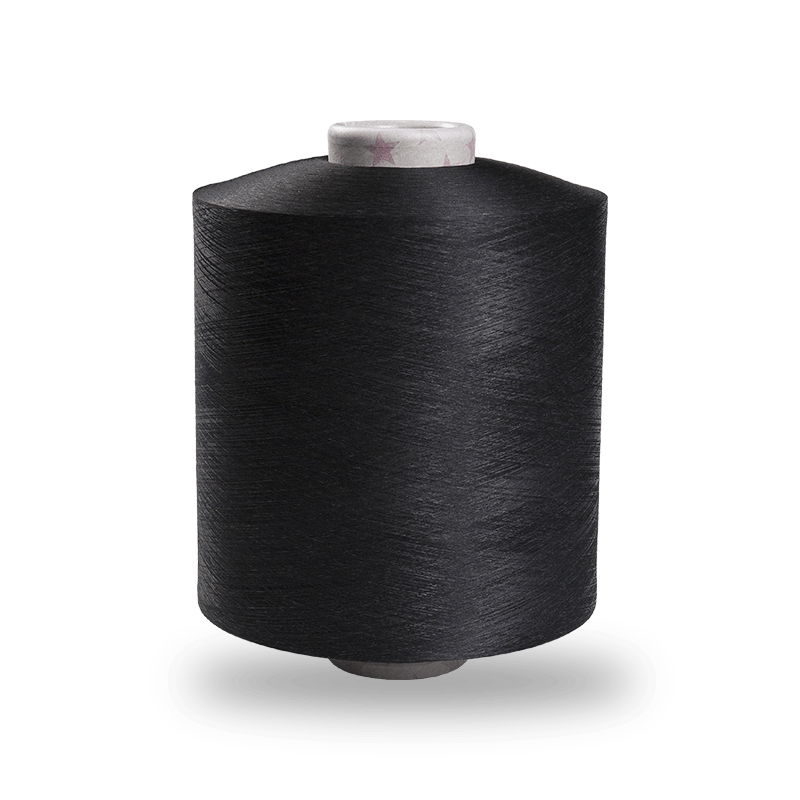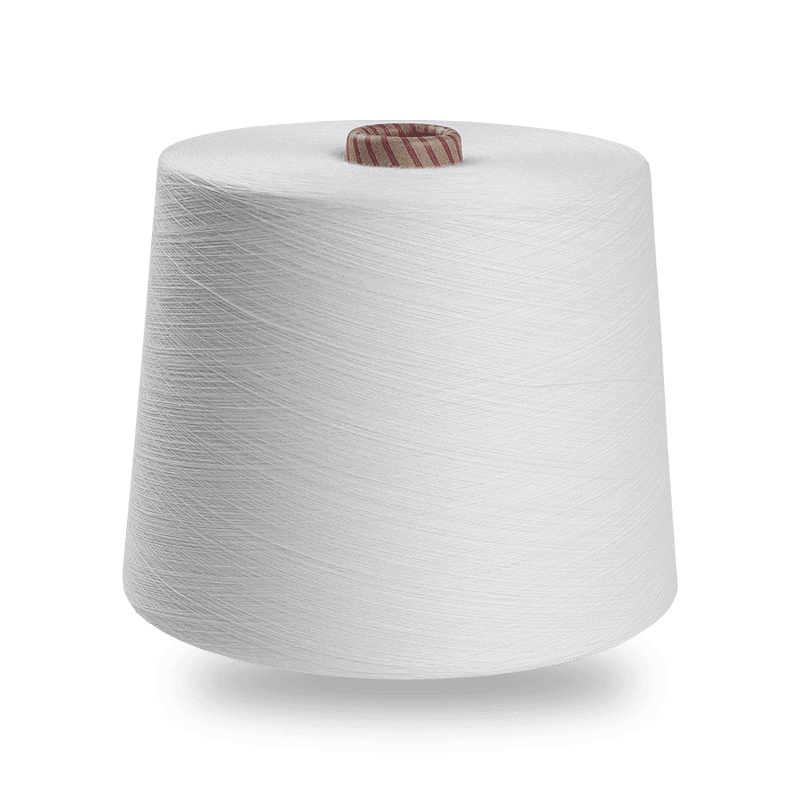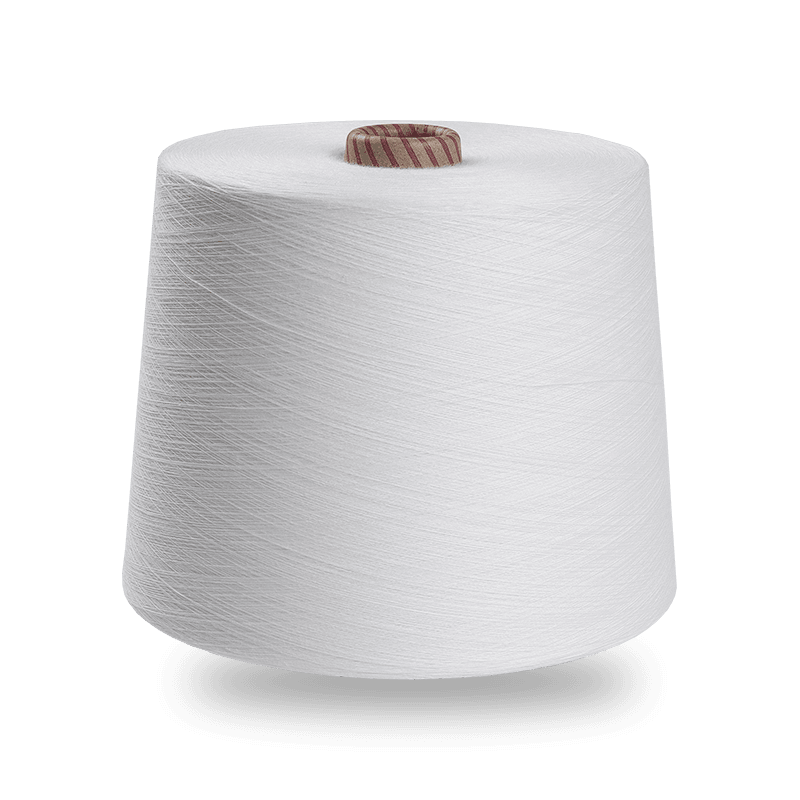Ring-spun yarn is a highly sought-after material in the production of high-end garments due to its superior quality, durability, and feel. The unique manufacturing process of ring-spinning involves twisting and thinning the fibers to create a smoother, stronger, and finer yarn compared to other spinning methods like open-end or rotor spinning. This process results in yarns that possess exceptional characteristics such as high tensile strength, reduced hairiness, and a soft, luxurious hand feel, all of which are essential for the creation of premium textile products. Garments made with ring-spun yarn, including T-shirts, shirts, jeans, and bedding, often exhibit greater comfort and durability, making them preferred by both manufacturers and consumers in the high-end market.
One of the key reasons ring-spun yarn is favored for luxury clothing is its ability to produce a finer, more tightly spun yarn, which translates into smoother fabrics that feel softer against the skin. In comparison to open-end yarn, ring-spun yarn undergoes a more intricate and labor-intensive spinning process, resulting in fewer imperfections and a more uniform texture. This refined finish is crucial for garments where the tactile experience is a priority, such as in casual wear, formal wear, and bedding products. The soft yet strong nature of ring-spun yarn also enhances the overall durability of the fabric, allowing it to withstand frequent washing and wearing without significant degradation, which is especially important in high-quality, long-lasting clothing.
From a commercial standpoint, the production of ring-spun yarn often comes at a higher cost than other spinning methods due to the complexity of the process and the advanced technology involved. At Century Chenxing, for instance, the use of state-of-the-art equipment like India's Longview spinning machine and Japan’s Murata fully automatic winding machine ensures precision and consistency in yarn production. Additionally, industry-leading patented technology and processes are implemented to maintain superior quality, resulting in yarns that are smooth, even in dryness, and have less hairiness. These factors contribute to the higher cost of ring-spun yarn production, which subsequently increases the price of garments made from it. However, consumers and manufacturers alike are willing to invest in these products due to the tangible benefits in quality and longevity.
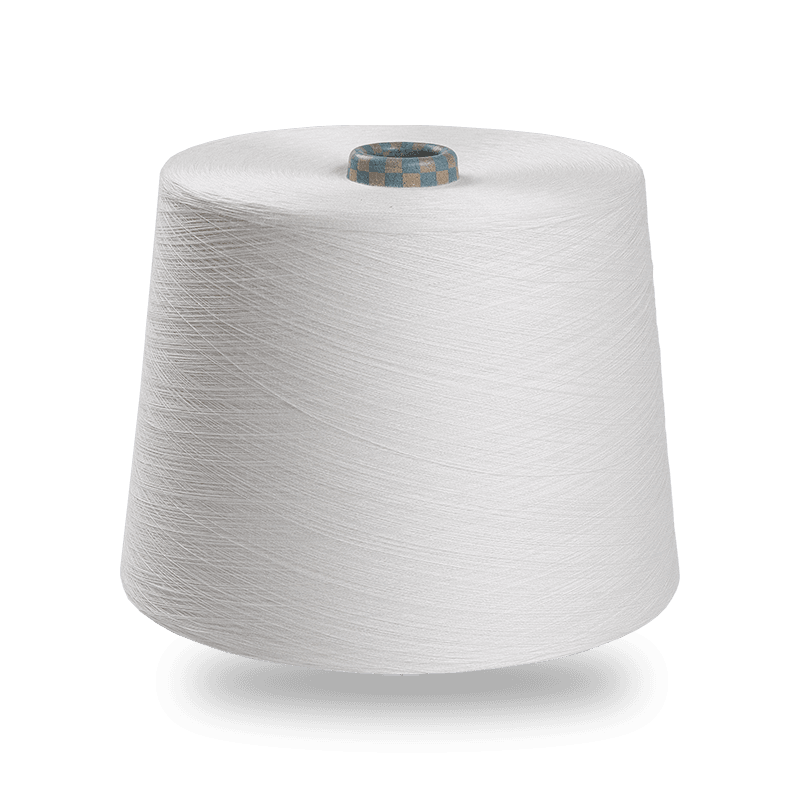
The commercial value of ring-spun yarn is also enhanced by its versatility. It can be blended with various fibers such as viscose, polyester, and acrylic, offering diverse options for different types of textiles. For example, Century Chenxing’s production of blends like polyester-viscose or acrylic-viscose further enhances the functionality and aesthetic appeal of the yarn, allowing it to cater to a broader range of textile products, from everyday wear to specialized fabrics. These blends retain the key attributes of ring-spun yarn—strength, smoothness, and softness—while introducing additional properties like stretch, moisture-wicking, or improved insulation, depending on the fiber combinations. This versatility is another reason why ring-spun yarn is favored for high-end garments, as it allows designers and manufacturers to create fabrics that not only look and feel luxurious but also meet specific functional requirements.
Pricing in the fashion industry is heavily influenced by the quality and craftsmanship of the materials used, and ring-spun yarn plays a significant role in the cost structure of high-end garments. Because of its premium characteristics, fabrics made from ring-spun yarn command higher prices, both at the wholesale and retail levels. Consumers are often willing to pay more for products made with this yarn due to its superior comfort, durability, and aesthetic appeal. The added value brought by ring-spun yarn translates into increased profitability for manufacturers who cater to discerning customers seeking long-lasting, high-quality clothing.
Ring-spun yarn is preferred in the production of high-end garments because of its unmatched smoothness, strength, and soft hand feel. These qualities enhance both the physical comfort and the longevity of garments, making them more desirable to consumers who prioritize luxury and durability. While the production process is more complex and costly, the end product justifies the premium pricing, as it delivers a superior textile experience that aligns with the demands of the high-end market. The combination of advanced technology, careful craftsmanship, and the ability to create versatile blends positions ring-spun yarn as a cornerstone of quality in the world of fashion and textiles.


 English
English 中文简体
中文简体 Español
Español عربى
عربى
